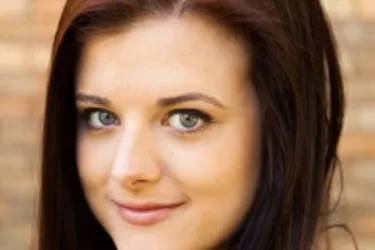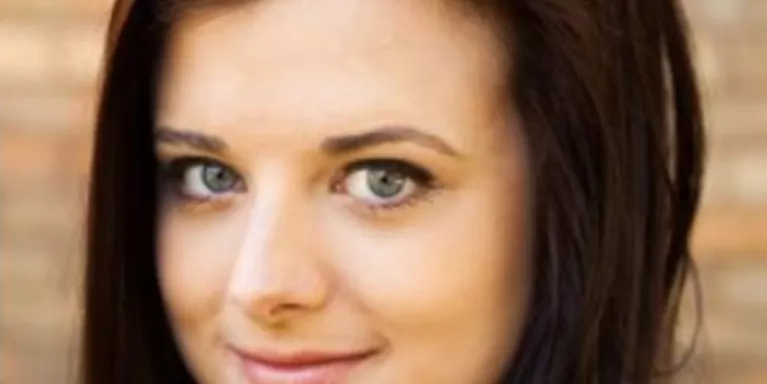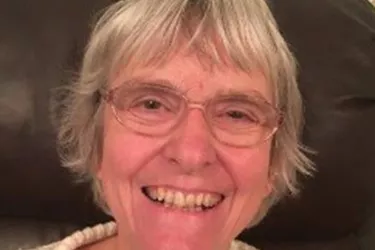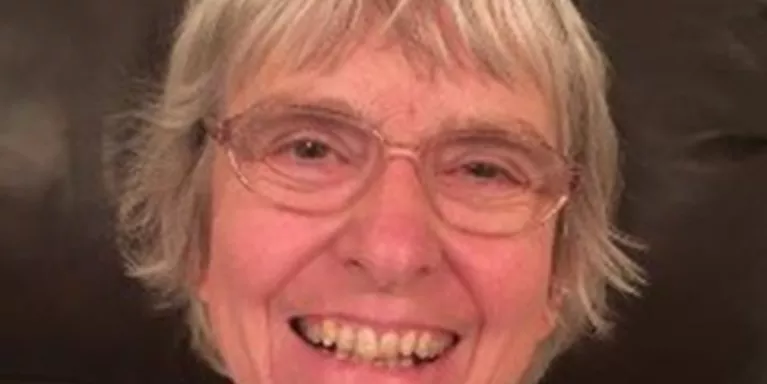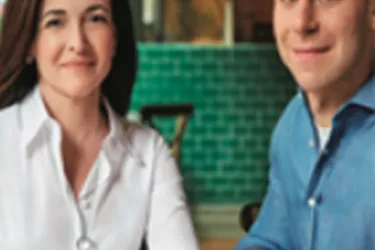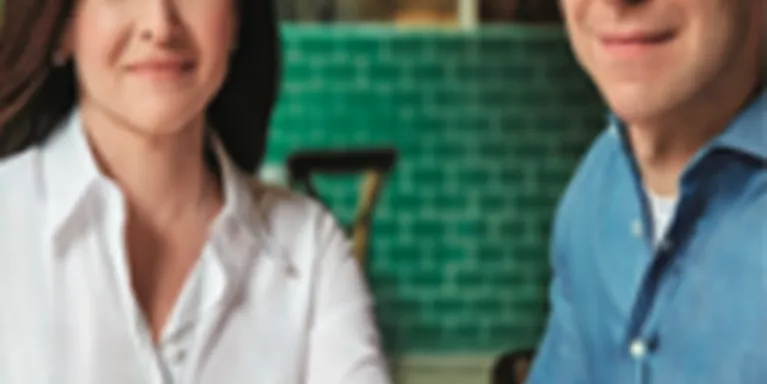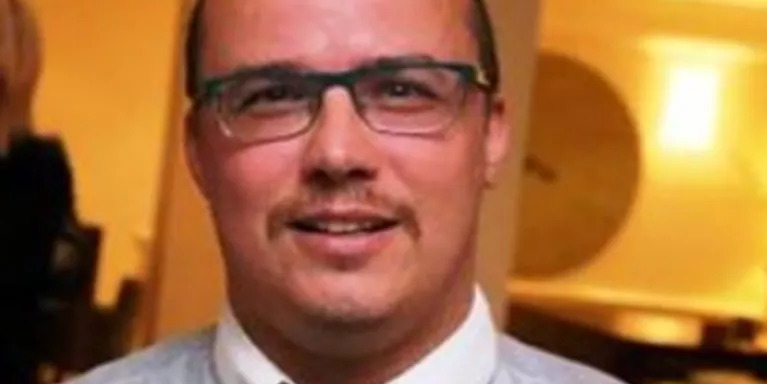Coping with grief when my dad died
When Emily was studying at university her dad passed away. She blogs about her experience of grief and how she coped.
At the end of my first year of university my dad was diagnosed with leukaemia. Two weeks before my final year began, he died.
On January 3rd 2012 he was given 2 months to live, and he finally passed on August 31st.
I’d known he was going to die for what felt like a lifetime before it happened and I was as prepared as it’s possible to be. Of course, preparations mean nothing when the reality hits.
"When you lose someone so fundamental it causes a fundamental shift."
People said it’s like losing a chunk of yourself. They said it’s like having this gaping gap in your chest that can’t be filled. For me it was like losing a layer of my personal atmosphere.
For a long time it was harder to breathe and I felt tired by the sudden loss of oxygen. Now I’ve adjusted to the climate but I feel more vulnerable to the forces of the universe, less protected from the elements. 50% of my reason for existing, stopped existing, and that took my breath away.
As soon as it happened I was exhausted.
I had been existing on a potent cocktail of anger and determination for the previous ten months. From the point of his re-diagnosis after his remission to being told he was terminally ill, to death, I’d been angry.
The anger gave me the energy I needed to do what I had to do. It meant I could focus on my studies. It meant I could keep walking up the hill to my lectures. It meant I could ace my essays. In the end the anger left me right before I needed it most.
The exhaustion terrified me. I had so much left to do, and without the anger driving me forwards I had no idea how I would find the energy to carry on.
"I was terrified of the meltdown that always felt so close."
The first thing I did when I returned to university, was re-apply to the counselling service. I’d been to them before when my dad was re-diagnosed and they had been so helpful. My aim then had been to improve my relationship with my parents while I still had them. My aim on reapplying was to stay sane. That was it, and it was a big ask.
We talked during those sessions, and the talking helped me to slowly file away the storm of thoughts in my head. As we talked my counsellor asked me the right questions, and slowly, very slowly, the details that mattered came into focus and were sorted from the details that didn’t.
In the meantime my anger had been replaced by fear. I was terrified of the meltdown that always felt so close. I was terrified of failing. I was terrified of being unable to do my best, and feeling resentment towards my dad because of it. The fear didn’t give me energy, but it gave me focus. I set myself hard deadlines at the end of each week. 2000 more words had to be written, no excuses. I got through my reading one book at a time, one day at a time. I went to my seminars.
My friendships suffered. Friends I’d made in first year stopped being a factor in my life as I realised they were costly distractions from my “end goal”. I also noticed a shift. My experiences had hardened me to certain subjects and I could tell my matter-of-fact descriptions made them uncomfortable. I simply didn’t have the energy to soften reality for them.
"It was like constantly dragging around a tonne weight in really rubbish weather."
The friends I did stay in touch with were the ones I had a reason to pursue. Every week I went to the pub quiz with a regular team. Every week I went to meetings of the Creative Writing Group. Through the structure and noise of these situations I found the friendly support I needed to get some much needed distraction.
There were times when the stress got too much but for the most part it was like constantly dragging around a tonne weight in really rubbish weather, there was no let-up. The pain was real every day. The terror of failure was real every day. The exhaustion was real every day. Luckily my determination to succeed was also real every single day.
Death is ugly. They don’t tell you that. They tell you about everything but that. It’s not dignified, it’s not orderly. I can’t tell you what my dad’s final words were, because I don’t remember. At one point he stopped talking, then sometime after that his breathing became laboured, and a million years later his breathing stopped. The noise he made as his body kept struggling to suck air into its lungs will haunt me for the rest of my life.
"Whatever the loss, grief has to be processed in stages."
After the horror, when the present reality becomes a memory of a nightmare, it’s easier to sort out what happened and why. For instance I now know, with a touch of irony, that the reason my dad and I had difficulty connecting during those final months was because we were so very similar. He believed that because he was dying I should be paying more interest in him and his achievements and his opinions and insights. I believed that because he was dying he should be paying more interest in me and my achievements and my opinions and insights.
At the time I couldn’t see it and I wish I had because we’d have laughed about it. My dad instilled in me an absolute, uncompromising need to achieve my goals. In the end, however, there was a part of him that believed I would put my life on hold while his drew to an end. We were more alike than either of us knew.
Grief continues to creep up on me, and it’s the little things that are most difficult. He and I shared a great appreciation for action movies like the Die Hards, The Transporter series, and anything starring Arnold Schwarzenegger. When they’re on at Christmas time I find myself saying the classic lines and missing him joining in and laughing with me. When I was six he read me The Hobbit and The Lord of the Rings, but he never lived to see any of The Hobbit movies. Going to see them was bittersweet.
"I maximised my potential despite everything and I know that if he was alive today he would understand, and he’d be proud."
Whatever the loss, grief has to be processed in stages, and when you lose someone so fundamental it causes a fundamental shift. I will be feeling the tremors of that earthquake, randomly, for years to come. I’m currently organising my wedding and he won’t be there, I may one day set up my own business and I know I’ll miss his advice and guidance when I do.
For now I’m supremely grateful to the university counselling service, without which I would have suffered more meltdowns with potentially greater consequences. My needs were significant and the support they provided allowed me to stay focused on my end goal. I graduated with First Class Honours, I maximised my potential despite everything and I know that if he was alive today he would understand, and he’d be proud.
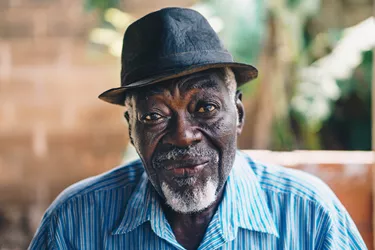

Information and support
When you’re living with a mental health problem, or supporting someone who is, having access to the right information - about a condition, treatment options, or practical issues - is vital. Visit our information pages to find out more.
Share your story with others
Blogs and stories can show that people with mental health problems are cared about, understood and listened to. We can use it to challenge the status quo and change attitudes.










